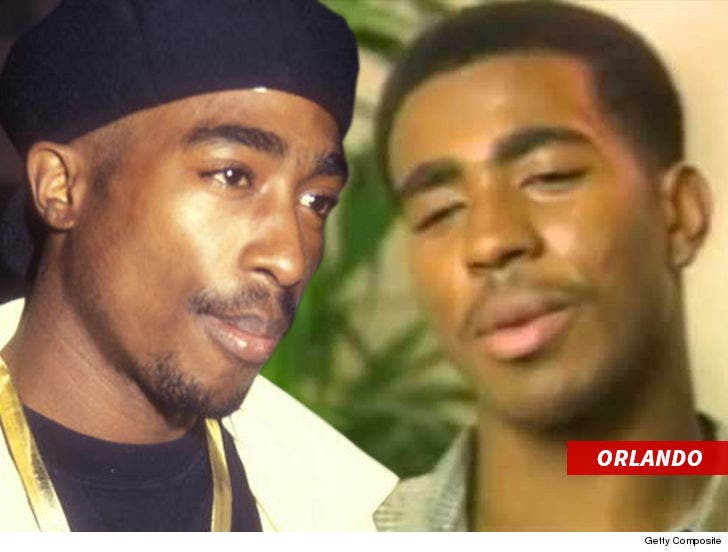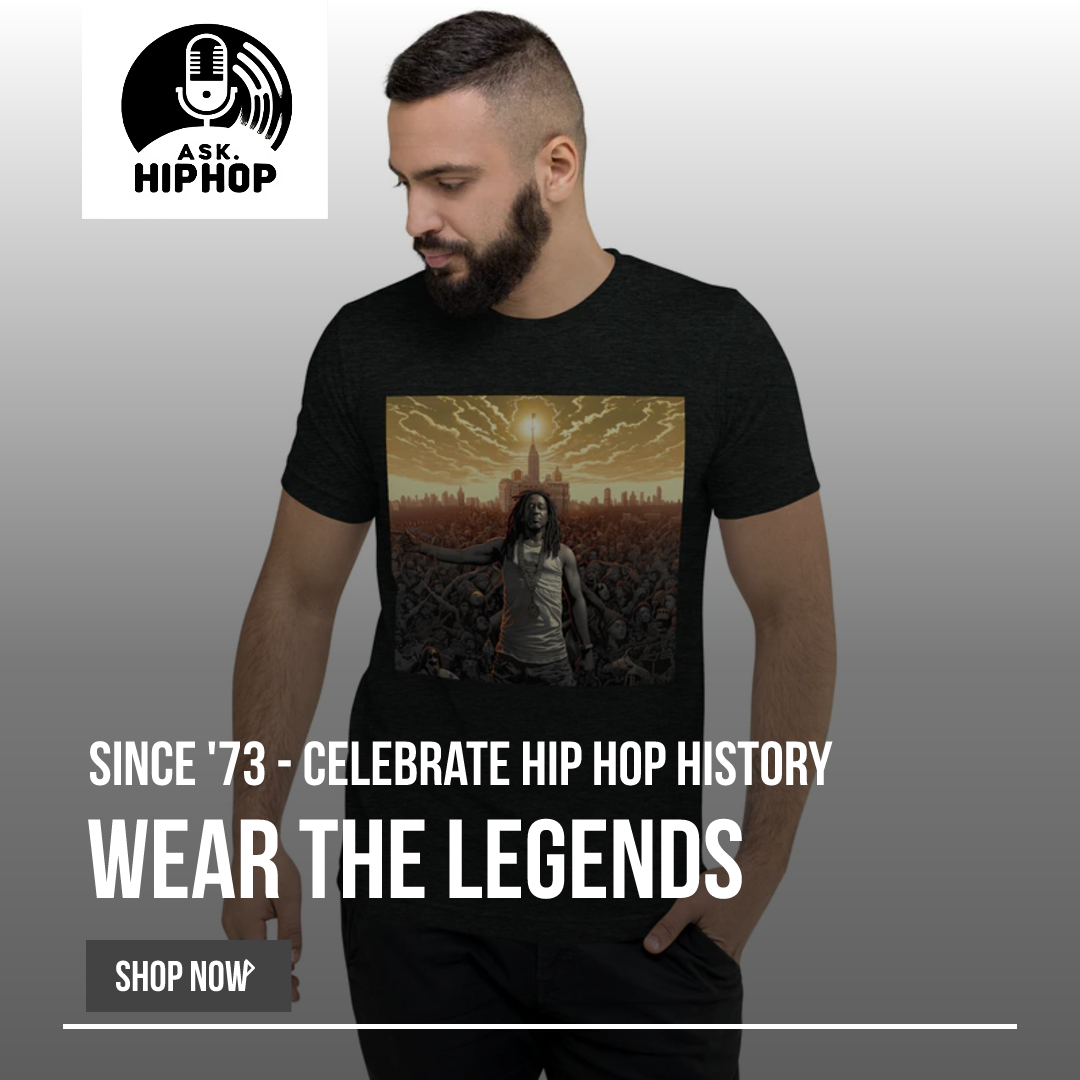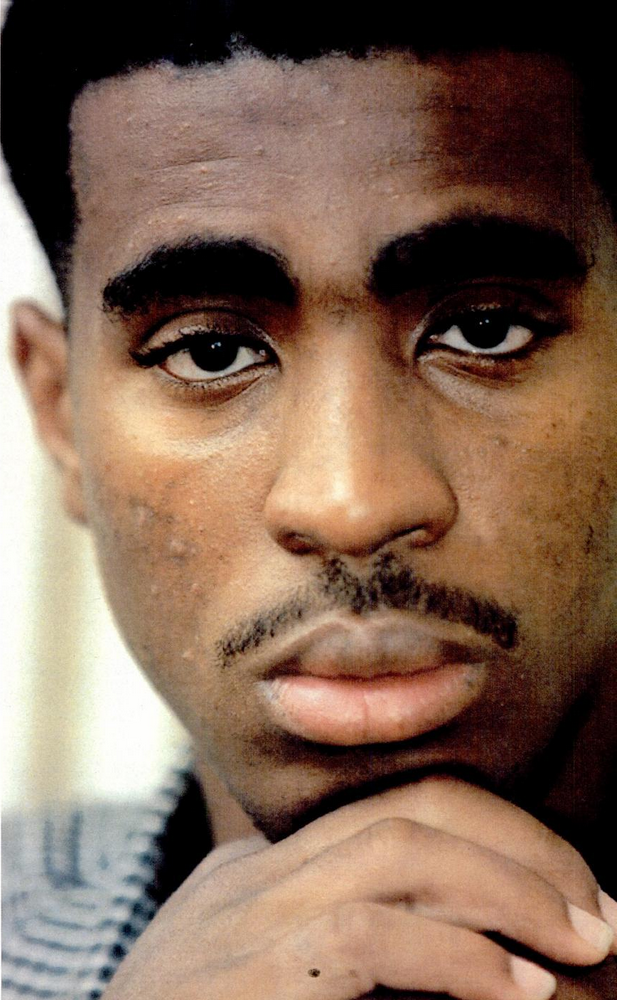Let me tell you somethin', folks. When we talk about Tupac Orlando Anderson, we're not just talking about an artist. We're talking about a legend, a revolutionary, a poet who turned pain into power. His name alone carries weight, and his story? Man, it's one for the books. From the streets of New York to the global stage, Tupac's journey was nothing short of extraordinary. So buckle up, because we're diving deep into the life, music, and legacy of Tupac Orlando Anderson.
Now, if you're here, chances are you already know who Tupac is. But let me ask you this: do you really know the man behind the mic? The guy who wasn't just about rhymes but also about real talk, activism, and standing up for what's right? This isn't just another article about his songs; it's a tribute to the man who changed the game forever. So, let's get started, shall we?
Before we dive into the nitty-gritty, let's set the scene. Tupac wasn't just a rapper; he was a cultural icon. His influence stretched beyond music, touching politics, social justice, and even fashion. His voice became the soundtrack of a generation, and his words continue to resonate today. So whether you're a die-hard fan or just curious, this is your chance to learn more about the man who left an indelible mark on the world.
Read also:Talisua Fuavaifatu The Ultimate Guide To Discovering This Hidden Gem
Biography of Tupac Orlando Anderson
Alright, let's talk about the man himself. Born on June 16, 1971, in East Harlem, New York City, Tupac Amaru Shakur—yes, that's his full name—was destined for greatness from the start. His parents, Afeni Shakur and Billy Garland, were both active members of the Black Panther Party, which heavily influenced his worldview. Growing up, Tupac was surrounded by activism, struggle, and resilience, all of which would later shape his art.
Early Life and Family Background
Let's rewind to the early days. Tupac's childhood wasn't easy. His mother, Afeni Shakur, was a formidable figure in her own right, but she faced her share of struggles, including drug addiction. Despite this, she ensured that Tupac had access to education and opportunities. In fact, she sent him to the Baltimore School for the Arts, where he honed his skills in poetry, acting, and music.
Here's a quick look at some key details:
| Full Name | Tupac Amaru Shakur |
|---|---|
| Birth Date | June 16, 1971 |
| Birthplace | New York City, USA |
| Parents | Afeni Shakur and Billy Garland |
| Education | Baltimore School for the Arts |
Music Career: The Rise of Tupac Orlando Anderson
Now, let's talk about the music. Tupac's career wasn't just about dropping hits; it was about creating a movement. His debut album, 2Pacalypse Now, released in 1991, set the tone for what was to come. It was raw, unfiltered, and unapologetically real. Songs like "Brenda's Got a Baby" and "Trapped" tackled issues like poverty, racism, and systemic oppression, making him a voice for the voiceless.
Breakthrough Albums and Hits
Fast forward to 1993, and we see the release of Strictly 4 My N.I.G.G.A.Z., which solidified Tupac's place in the rap game. Tracks like "I Get Around" and "Keep Ya Head Up" became anthems, showcasing his versatility as an artist. But it was his 1996 album, All Eyez on Me, that truly cemented his legacy. With hits like "California Love," "Ambitionz Az a Ridah," and "How Do U Want It," Tupac reached new heights, both commercially and critically.
And let's not forget The Don Killuminati: The 7 Day Theory, released just months before his untimely death. This album, under the alias Makaveli, was a masterpiece, with tracks like "Hell Ain't a Bad Place 2 B" and "Toss It Up" leaving a lasting impact.
Read also:Denzel Washington Height The Real Story Behind The Iconic Actors Stature
Activism and Social Justice: Tupac's Legacy
But hey, Tupac wasn't just about music. He was a thinker, a philosopher, and a fighter for justice. His activism was deeply rooted in his upbringing and experiences. Whether it was speaking out against police brutality, advocating for education reform, or supporting women's rights, Tupac used his platform to make a difference.
Key Moments in His Activism
- His involvement with the Black Panther Party from a young age
- Publicly addressing issues of racial inequality in interviews
- Using his music as a tool for social commentary
- Supporting grassroots organizations and initiatives
His impact on social justice movements is still felt today, inspiring countless artists and activists to follow in his footsteps.
Tupac's Influence on Hip-Hop Culture
When you think about hip-hop, you can't ignore Tupac's influence. He didn't just change the game; he reinvented it. His lyrical prowess, charisma, and authenticity set a new standard for what it meant to be a rapper. He broke barriers, challenged norms, and paved the way for future generations.
How Tupac Changed the Game
Here are a few ways Tupac left his mark:
- Bringing consciousness to mainstream hip-hop
- Blending storytelling with social commentary
- Creating a unique style that combined poetry and rap
- Challenging stereotypes and expectations within the industry
His influence can be seen in the work of countless artists today, from Kendrick Lamar to J. Cole.
The Tupac vs. Biggie Rivalry: Fact or Fiction?
Now, we can't talk about Tupac without mentioning the infamous East Coast vs. West Coast beef. The rivalry between Tupac and The Notorious B.I.G. became one of the most talked-about sagas in music history. But was it all real, or just media hype? The truth is, we may never know for sure. What we do know is that both artists were giants in their own right, and their feud only added fuel to the fire.
Key Events in the Rivalry
- Tupac's arrest and accusations against Biggie and Puff Daddy
- Verbal sparring through interviews and diss tracks
- The tragic deaths of both artists, leaving unanswered questions
While the rivalry may have been controversial, it also highlighted the intense passion and dedication both artists had for their craft.
Tupac's Lasting Legacy
Even decades after his passing, Tupac's influence remains as strong as ever. His music continues to inspire new generations, and his message of resistance and resilience still resonates. Whether it's through posthumous releases, documentaries, or biopics, Tupac's story lives on.
Posthumous Releases and Projects
After Tupac's death in 1996, several albums were released, including R U Still Down? (Remember Me) and Greatest Hits. These projects kept his music alive and introduced his work to new audiences. Additionally, the 2016 biopic All Eyez on Me brought his story to the big screen, further cementing his place in history.
Tupac's Impact on Popular Culture
Tupac wasn't just a musician; he was a cultural phenomenon. His style, his words, and his presence left an indelible mark on popular culture. From his signature bandanas to his poetic verses, everything about Tupac was iconic. He became a symbol of resistance, a beacon of hope for those fighting against injustice.
How Tupac Shaped Fashion and Style
Let's talk fashion for a moment. Tupac's style was as bold as his music. Think baggy jeans, tank tops, and those signature bandanas. He wasn't just following trends; he was setting them. His look became synonymous with hip-hop culture and continues to inspire designers and fashionistas today.
Lessons from Tupac: What We Can Learn
So what can we take away from Tupac's life and career? For starters, authenticity matters. Tupac wasn't afraid to be himself, flaws and all. He spoke his truth, even when it wasn't popular. He also showed us the power of using our voices for change, whether through music, art, or activism.
Key Takeaways from Tupac's Story
- Be true to yourself, no matter what
- Use your platform to make a difference
- Resilience and perseverance are key to success
- Speak up for those who can't speak for themselves
These lessons are as relevant today as they were back then.
Conclusion: Remembering Tupac Orlando Anderson
As we wrap up this journey through Tupac's life, it's clear that his legacy is one of greatness. He wasn't just a rapper; he was a poet, an activist, and a visionary. His music, his words, and his actions continue to inspire millions around the world.
So what can you do? Share this article, dive deeper into his discography, or even start a conversation about the issues he cared about. The spirit of Tupac lives on, and it's up to us to keep it alive.
And remember, as Tupac himself once said, "The power of the mind is greater than the power of the fist." Let's honor his memory by using our minds, our voices, and our actions to create a better world.
Table of Contents
- Biography of Tupac Orlando Anderson
- Music Career: The Rise of Tupac Orlando Anderson
- Activism and Social Justice: Tupac's Legacy
- Tupac's Influence on Hip-Hop Culture
- The Tupac vs. Biggie Rivalry: Fact or Fiction?
- Tupac's Lasting Legacy
- Tupac's Impact on Popular Culture
- Lessons from Tupac: What We Can Learn
- Conclusion: Remembering Tupac Orlando Anderson


